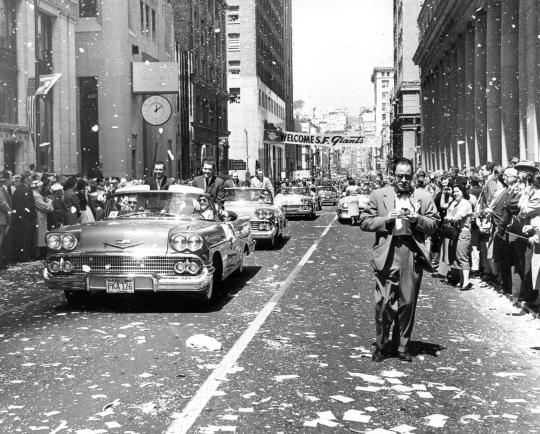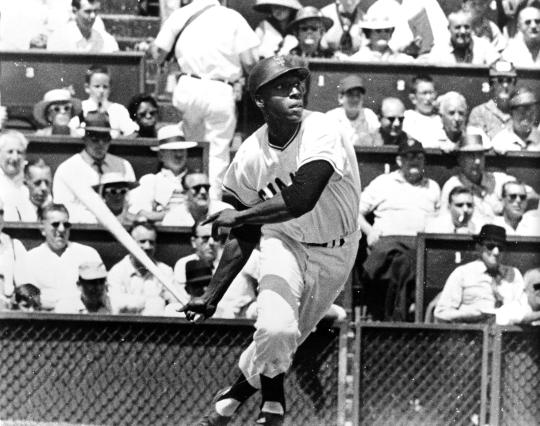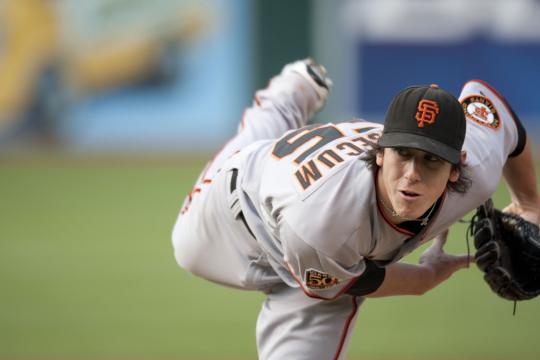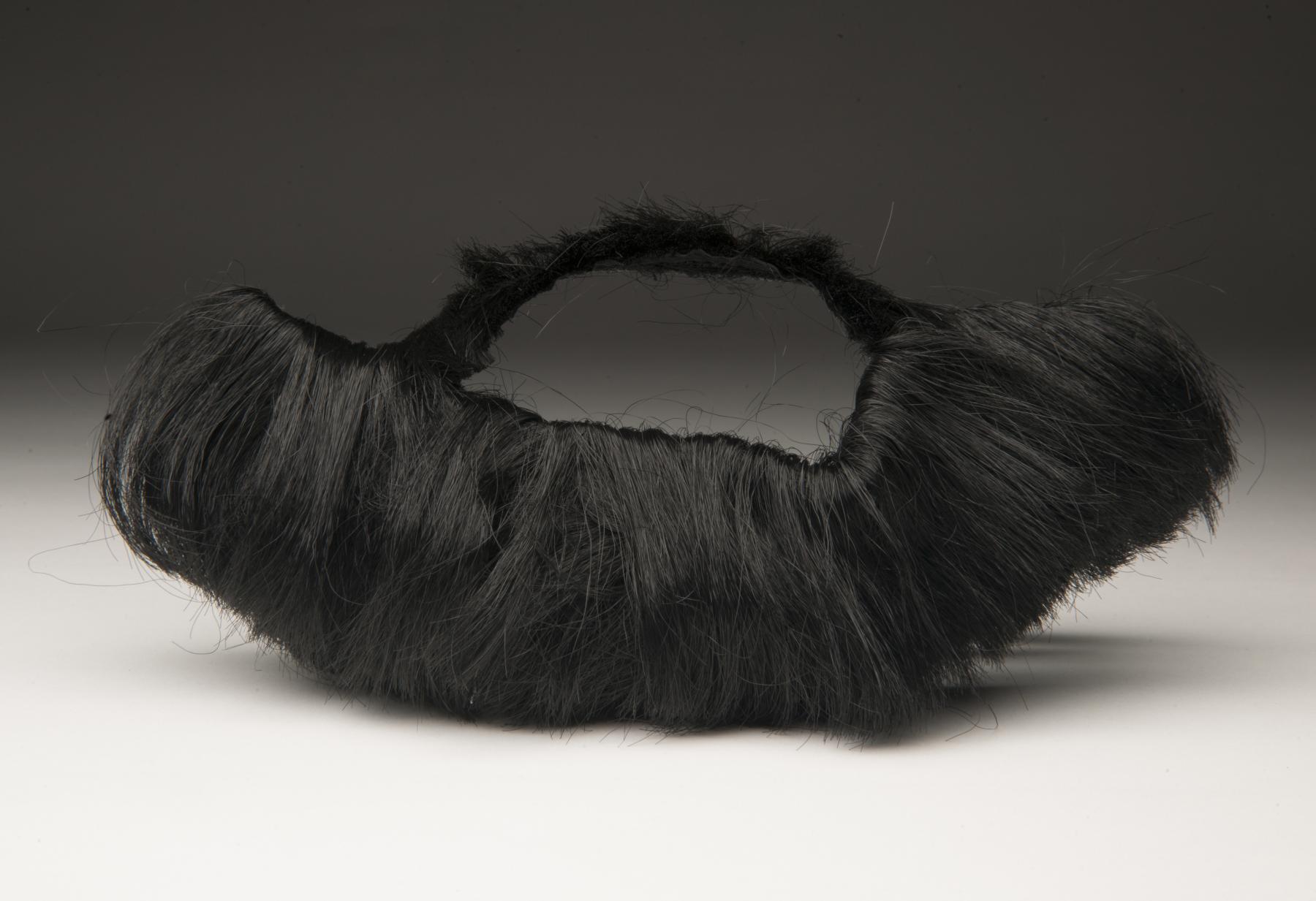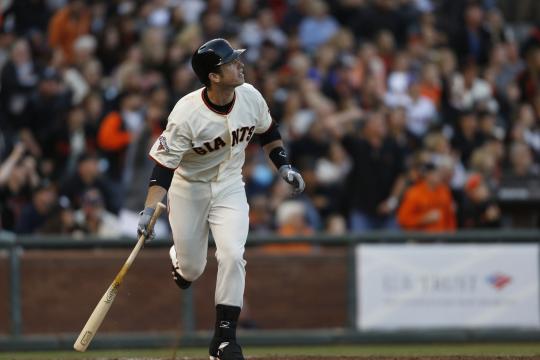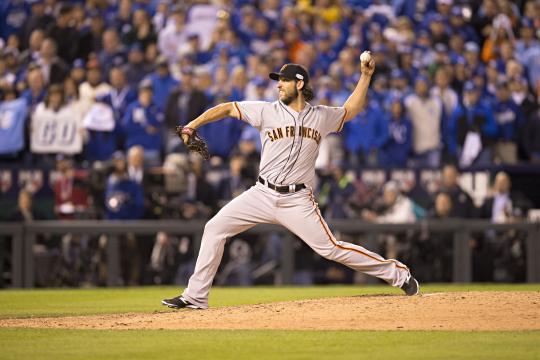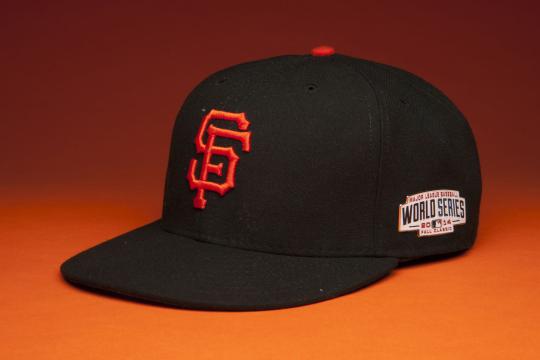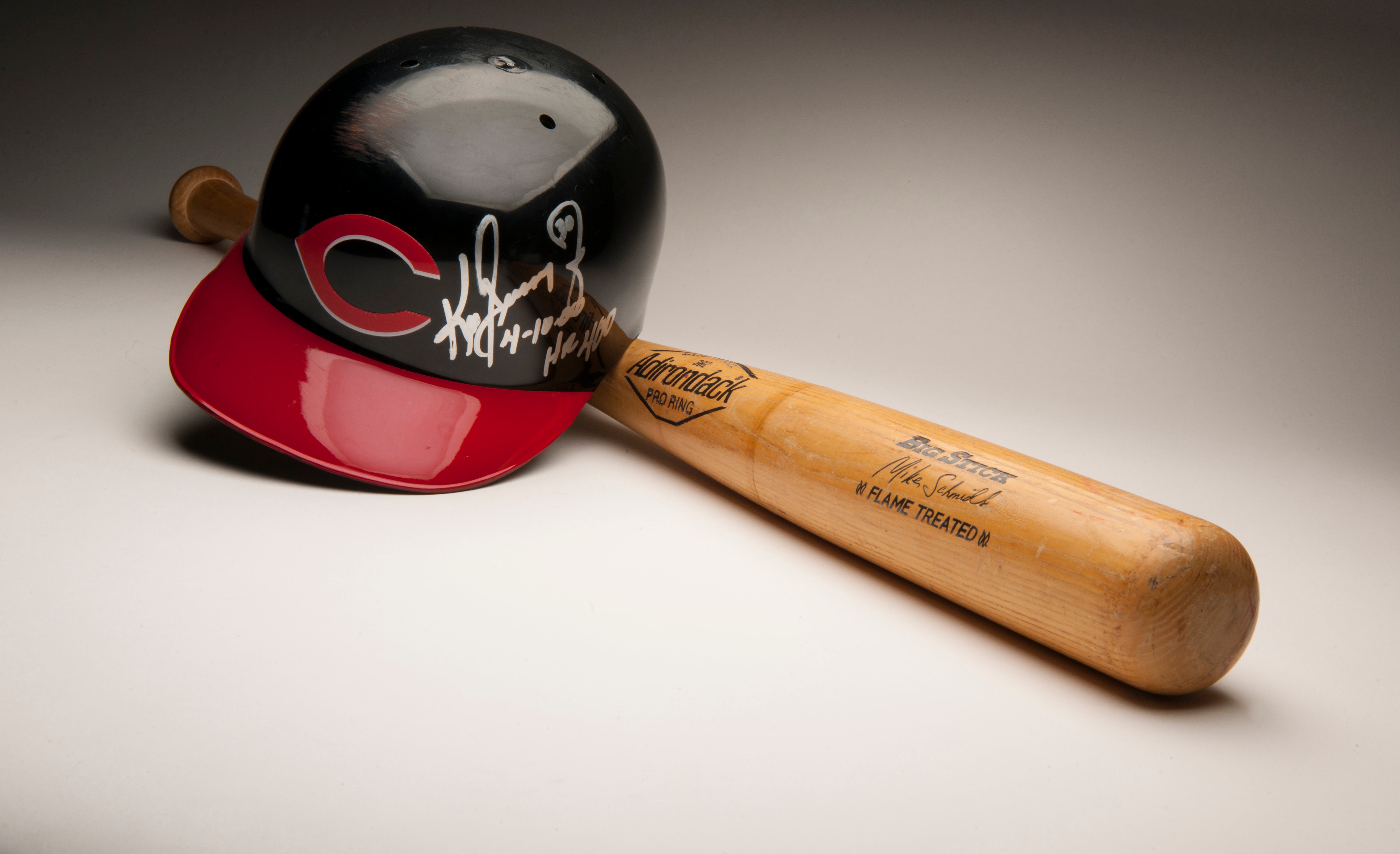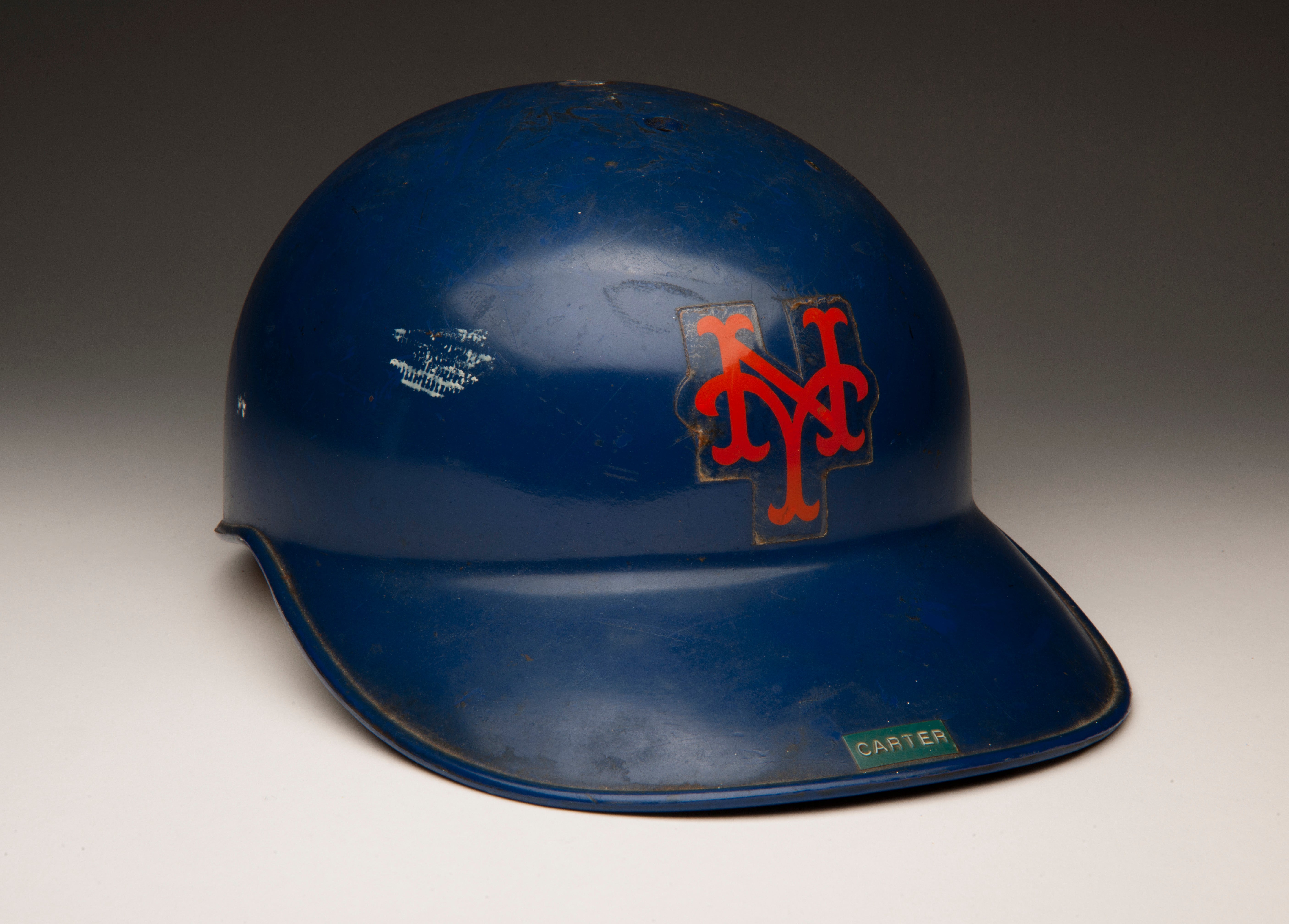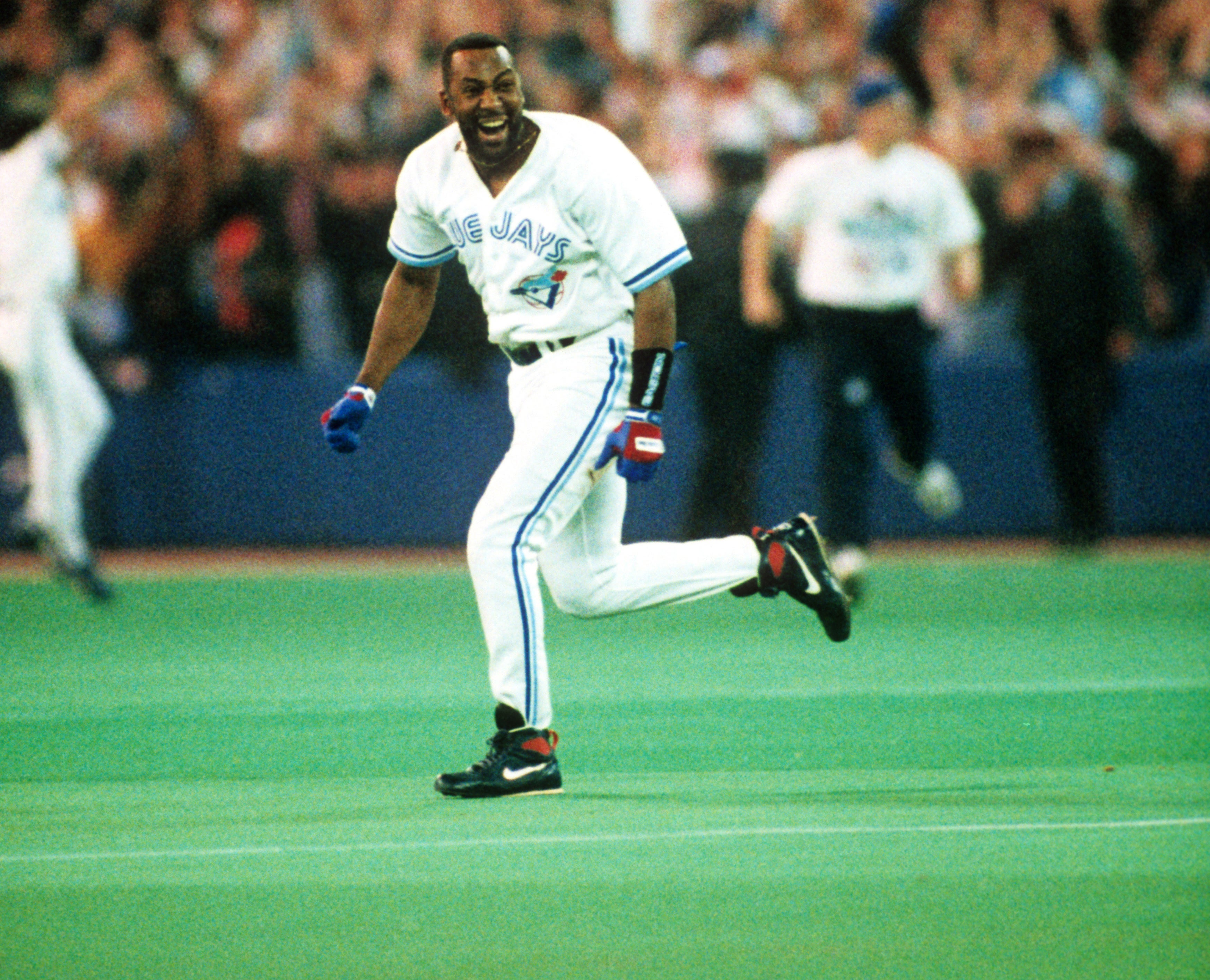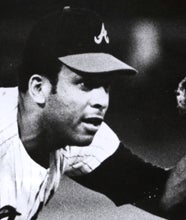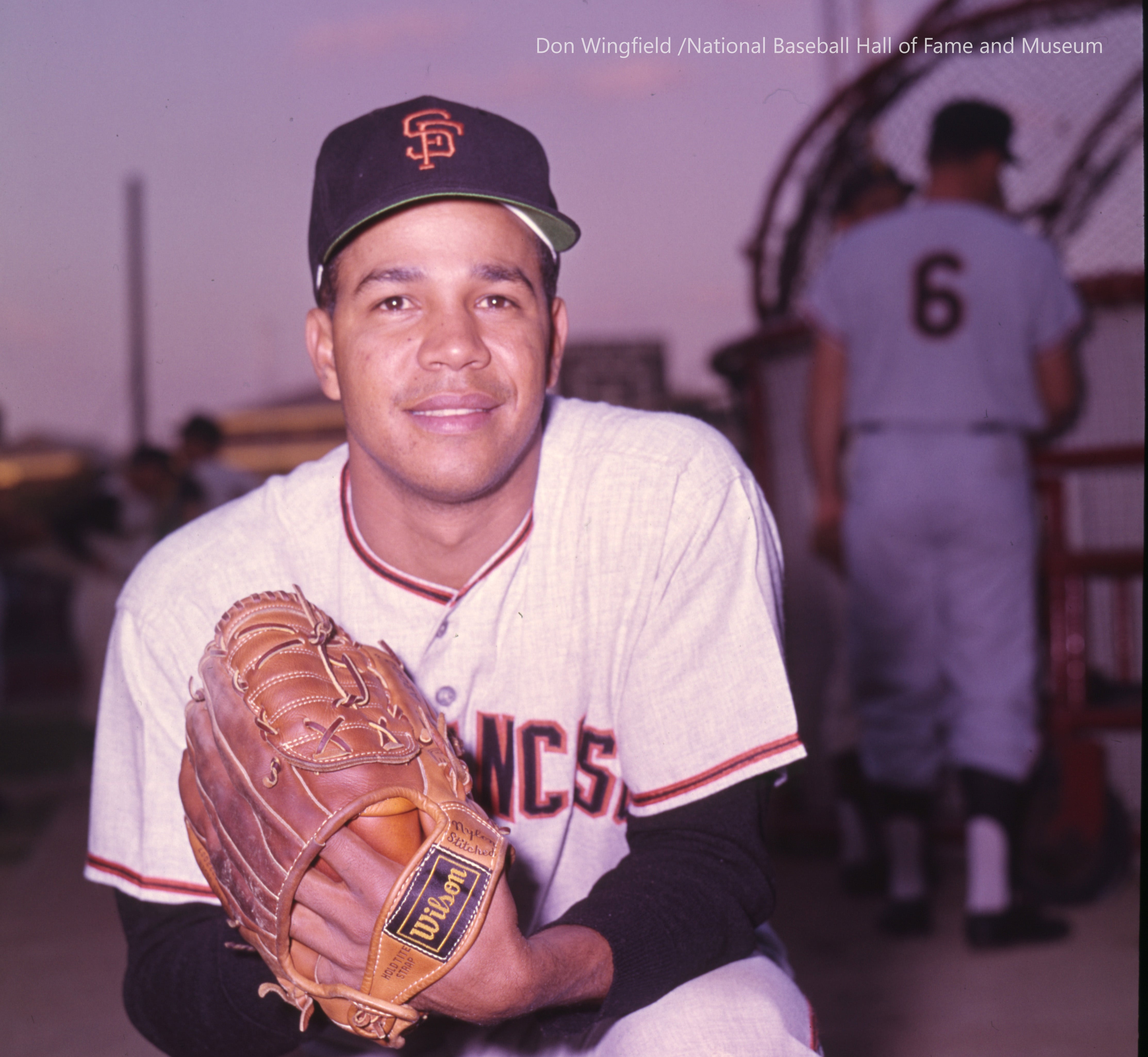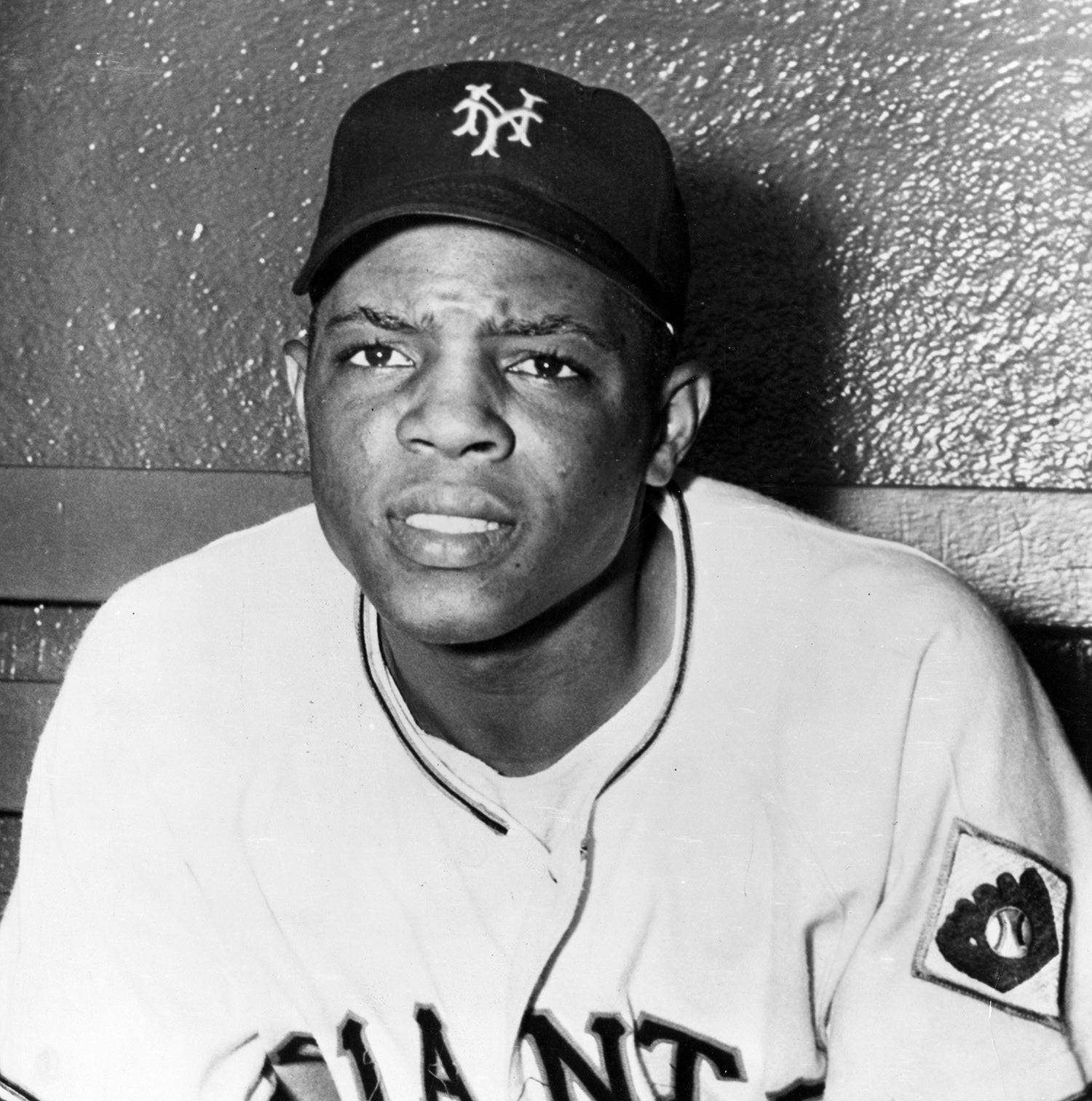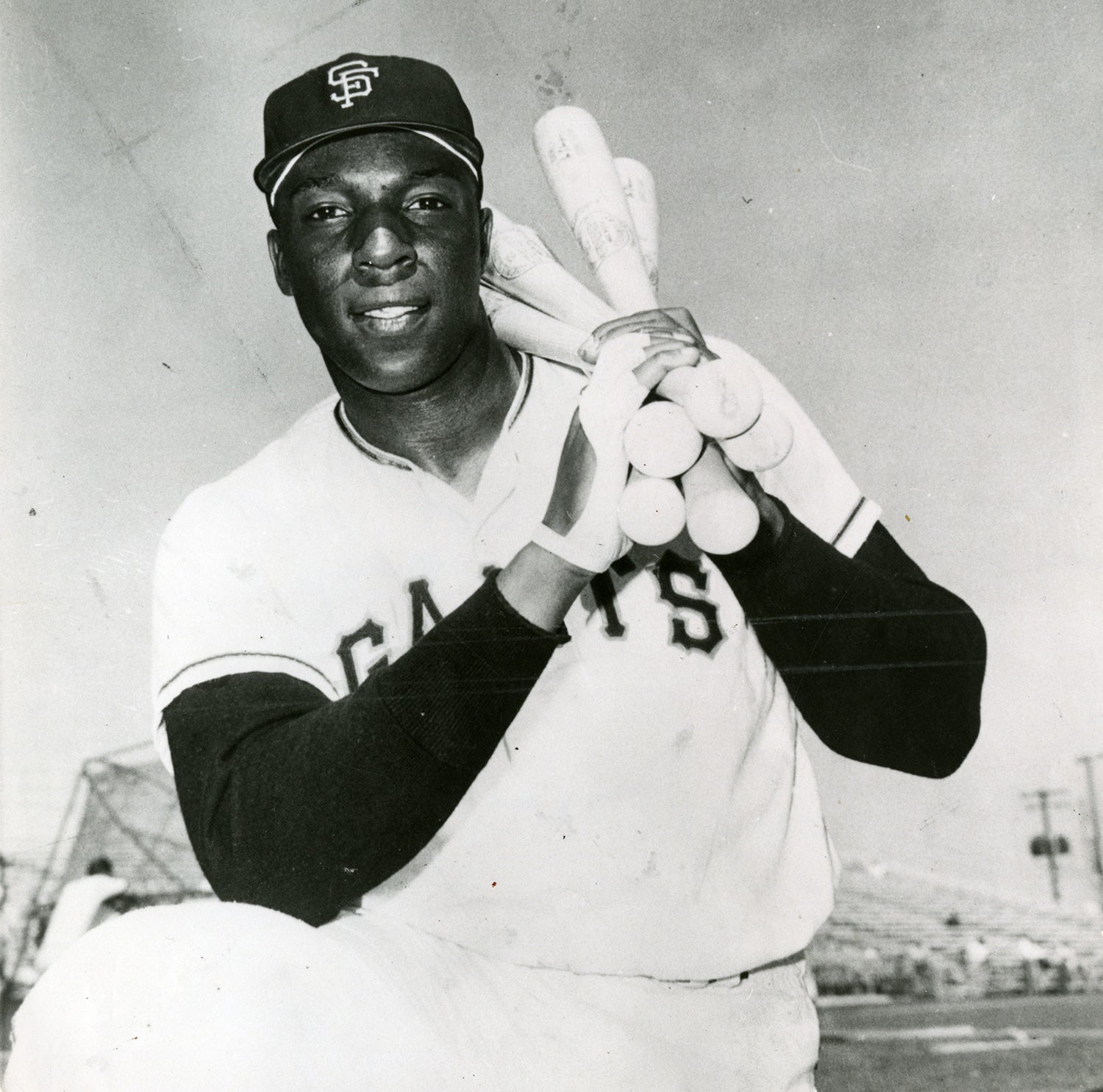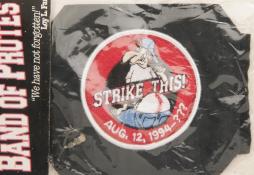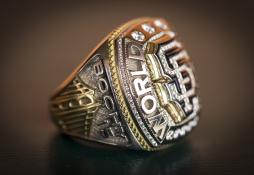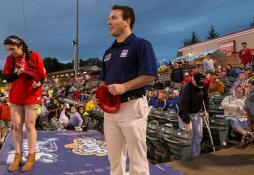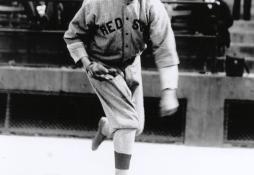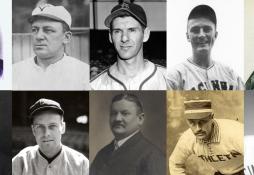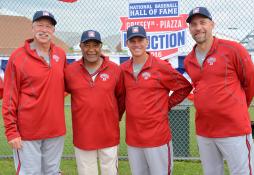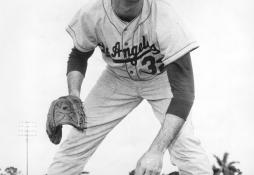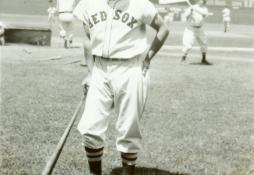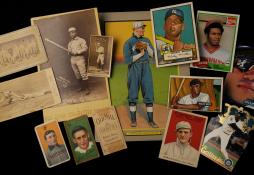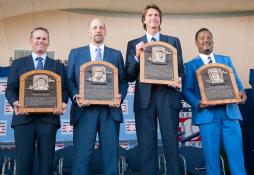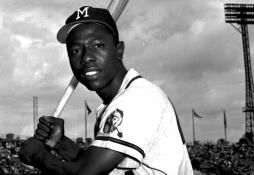- Home
- Our Stories
- Giant Legacy
Giant Legacy
One could forgive seasoned Bay Area aficionados – or even those still living in Upper Manhattan – for calling the newer generations of Giants fans “spoiled.”
That’s because the most recent era for the Giants – whose history dates back to 1883 in New York – has also been one of its most successful. In fact, if there’s one thing a San Franciscan has been able to count on so far this decade, it’s that his or her team will win the World Series in every even-numbered year.
The National Baseball Hall of Fame and Museum’s new exhibit, Whole New Ballgame, will reimagine the game’s history from 1970 all the way to the present day, and no team can claim more success in recent years than the Giants and their run of three world championships in the 2010s. Their story is one of many movements in baseball – both on and off the field – that will be brought to life through a completely new combination of artifacts, video and ephemera on the Museum’s second-floor timeline beginning Saturday, Nov. 7.
Caught in the fog
After the Giants followed the Dodgers to the West Coast in 1958, fans in San Francisco proved they were more than capable of supporting a team on windy days and nights at Candlestick Park. Though there were certainly some dry years, the San Francisco Giants featured an abundance of star power – from Cepeda, Marichal, Mays and McCovey in the 1960s to Will Clark in the late ’80s to Barry Bonds and his mammoth home runs at the turn of the millennium.
Still, decades came and decades went without a World Series trophy coming home to San Francisco. After the Giants’ 100-win season in 2003, playoff baseball would stay away from the Fog City for the remainder of the decade.
“We became so kind of perverse that major moments in our history were times that the Dodgers lost,” said Sacramento Bee writer Marcos Breton in an interview for the 2010 “Tenth Inning” installment of the Ken Burns documentary Baseball. “That’s not a real positive way to look at life. Instead of celebrating your own successes you're celebrating somebody else's failure. That's kind of twisted on a certain level. So we're bitter; we're angry; we have a complex; it's certainly nothing that I want to pass on to my own children.
“And so now we're half a century in San Francisco and I don't know when it's gonna happen, if it's gonna happen. And I'm not happy about that.”
The city of San Francisco welcomed the Giants with a ticker-tape parade down Montgomery Street in 1958. BL-3454-63 (National Baseball Hall of Fame Library)
Share this image:
The "Band of Misfits"
But a new energy appeared by the bay in 2010, personified by the team’s diminutive ace Tim Lincecum. Standing at just 5-foot-11 and 170 pounds, the right-hander from the University of Washington possessed a unique delivery and an imposing fastball that helped him collect back-to-back National League Cy Young Awards in 2008 and 2009.
Debuting behind the plate to receive Lincecum’s blistering heat was catcher Buster Posey. After a quick two-year ascension through the minor ranks, Posey began at first base and then moved to the backstop when catcher Bengie Molina was traded at the end of June. The Giants’ new catcher stabilized their lineup, as he hit .305, swatted 18 homers and drove in 67 runs in 108 games en route to winning NL Rookie of the Year honors. By October, Posey was batting third.
After sitting in fourth place at the All-Star break, the Giants stormed back to capture the NL West. Then, Lincecum set the tone in the team’s first playoff game by striking out 14 Atlanta Braves. Hardly a favored choice, San Francisco lost just four games in the postseason, capping their hot run by defeating the Texas Rangers in five games in the World Series. Closer Brian Wilson, who recorded the final out and became a symbol for that “band of misfits” down the stretch, will be represented in Whole New Ballgame by a costume beard worn by one of his devoted fans at AT&T Park.
“Shout it from atop Coit Tower and let the party begin,” wrote Andrew Baggarly for the San Jose Mercury News, “Yes, the Giants really are World Series champions.”
The road less traveled
Whereas the 2010 Giants made the postseason look relatively easy, the franchise’s next championship team staged several remarkable comebacks just to make it back to the Fall Classic.
The team had slipped to a second-place finish in 2011, but rebounded the following year behind a deeper lineup. Posey, now 25, captured the NL MVP with a league-leading .336 average – the first time a catcher had paced the league in average since Hall of Famer Ernie Lombardi in 1942. Though the Giants were a light-hitting club (Posey led the team with 24 homers), their overall .269 average ranked third in the Senior Circuit.
The strength of the team, however, lay in its pitching staff. Though Lincecum slowed down, righty Matt Cain took over as staff ace, tallying a 16-5 record and tossing the franchise’s first perfect game on June 13 against the Houston Astros. Madison Bumgarner, who won Game 4 of the 2010 World Series as a 21-year old rookie, contributed 16 wins as well.
After winning the NL West going away, San Francisco dropped the first two games of the NLDS at home to the Cincinnati Reds. But Ryan Vogelsong, Barry Zito and Cain were able to right the ship and help the Giants become the first National League team to come back from an 0-2 division-series deficit by sweeping the last three games on the road. In the NLCS, the Giants were again down three games to one to the St. Louis Cardinals before surging back to claim the pennant.
Game 1 of the World Series saw Giants third baseman Pablo Sandoval club three home runs – including two off reigning American League Cy Young Award and MVP Award winner Justin Verlander - against the Detroit Tigers. The lovable third baseman, known to fans as the “Kung Fu Panda,” was now in Fall Classic lore with players like Babe Ruth and Reggie Jackson. The Giants, meanwhile, never looked back, sweeping the Tigers in four games for their second championship in three years.
“[In] 2010, I was part of the World Series but I didn't get a chance to play too much,” Sandoval said. “I'm enjoying this World Series. I'm enjoying all my moments. You never know when it's going to happen again.”
Dynasty confirmed
But in 2014, it did happen again. And once again, very few picked San Francisco to get back to playing late October baseball.
Last year's Giants squad is symbolized most by Bumgarner, the quiet pitcher who completed his remarkable ascension from rookie hero in 2010 to owner of one of the very best postseason resumes in the history of the game. The left-hander from rural North Carolina put his team on his back in the one-game wild card against the Pittsburgh Pirates, tossing a complete-game shutout. He followed with two stellar starts against the Cardinals in the NLCS, but saved his best for the World Series. Bumgarner allowed one run in seven innings against the Kansas City Royals to win Game 1, then followed with a four-hit shutout in Game 5. In Game 7, with the Giants holding on to a one-run lead, Bumgarner came out of the bullpen on two days’ rest to shut down the Royals over the final five frames.
It was heartbreak for the home crowd in Kansas City, but elation for the visitors: The Giants claimed their third title in five seasons in dramatic fashion.
“Everybody did something to contribute through all of these games,” said manager Bruce Bochy after Game 7. Of course, Bochy himself made perhaps the most significant contribution overall as the steady hand behind all three Giants’ titles. Amid escalating player contracts and the flurry of free agency, winning three championships in five years constitutes a modern-day dynasty. Bochy’s Giants cap, which he donated after the 2014 World Series, will be featured in Whole New Ballgame as a symbol of the team’s dominance.
“I’m numb, really, through all of this,” said Bochy. “You're so blessed or fortunate to get to the World Series and to get one, it just doesn't happen that often. To look at this and see that we won three times, I mean, I'm amazed with what these guys did and the fact that we have won three times in five years.”
Matt Kelly is the communications specialist at the National Baseball Hall of Fame and Museum

